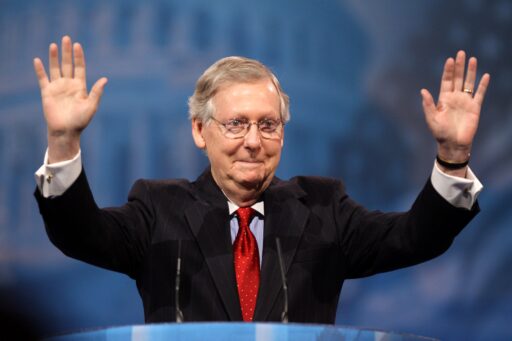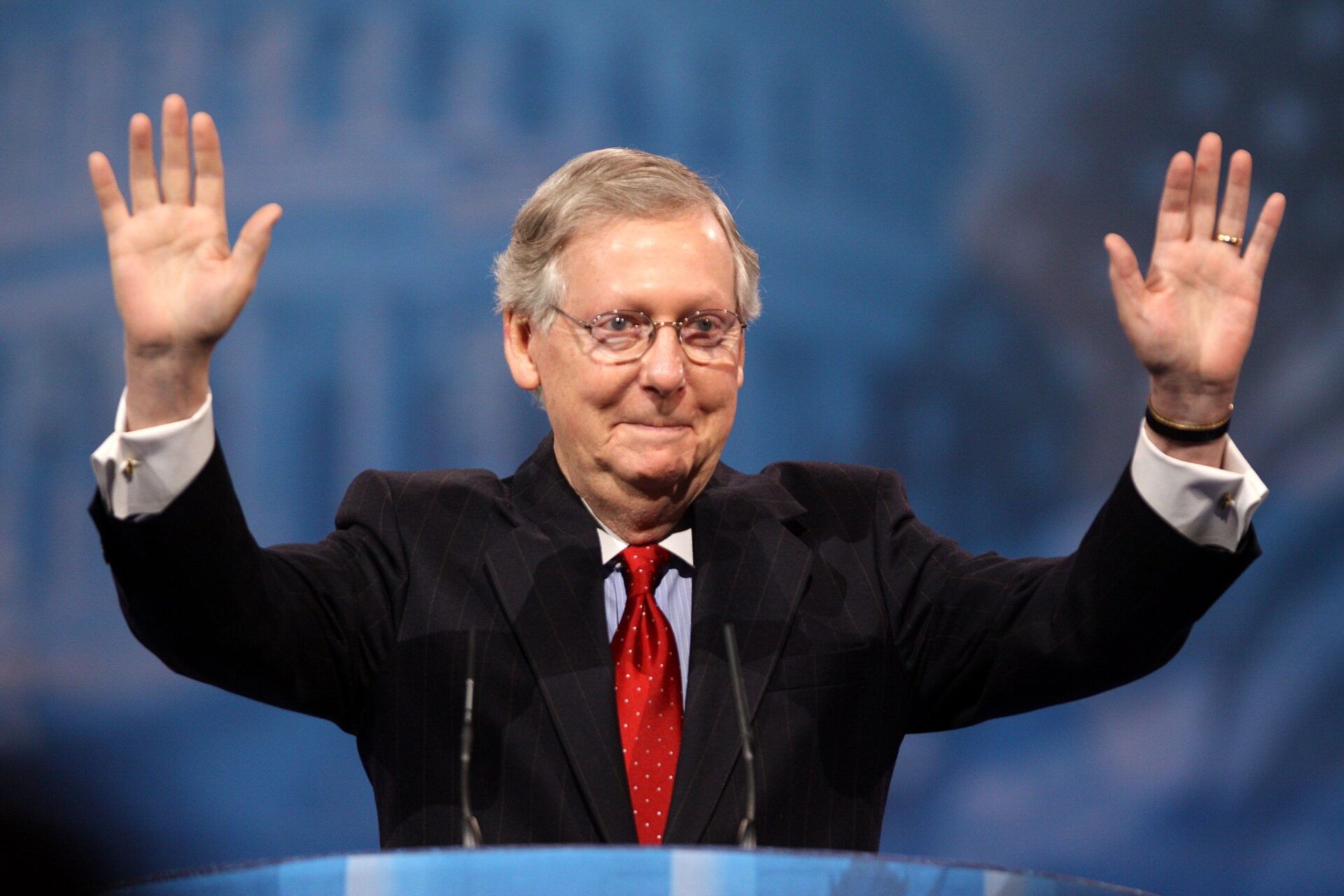Good to see McConnell do something for once.
Senate Republican Leader Mitch McConnell recently issued a stark warning regarding the potential elimination of the filibuster by Democrats, particularly following Vice President Kamala Harris’s statements about codifying abortion protections. McConnell argued that this move could radically alter the political landscape of America, likening it to turning the nation into California—a state often associated with liberal policies.
In an interview with Politico, McConnell expressed his concerns that dismantling the 60-vote threshold for passing legislation would set a dangerous precedent, allowing Democrats to pursue a flurry of progressive reforms. He noted that this would likely lead to an expansion of the Supreme Court, as the current 6-3 conservative majority is an obstacle for many leftist initiatives. “This would be a fundamental shift for our country,” he stated, emphasizing the grave implications of such actions.
He criticized the progressive wing of the Democratic Party, including Harris and certain senators, for attempting to undermine the Senate’s institutional integrity to achieve their objectives. “Their goal is to dismantle the Senate to push their agenda,” he said. He pointed out that Harris had previously suggested eliminating the filibuster to advance the Green New Deal, underscoring a broader strategy among Democrats to erode bipartisan consensus.
McConnell also highlighted the Democrats’ earlier attempts to carve out exceptions to the filibuster for voting rights reforms. “Their willingness to destroy Senate traditions is not new. Almost all of our Democratic colleagues supported this just two years ago,” he asserted, referencing the narrow escape from a rule change due to dissent within their own party.
He emphasized that creating any exceptions to the filibuster could lead to a slippery slope. “Once you start making exceptions, it becomes a free-for-all,” he warned, making it clear that maintaining the filibuster is crucial for the Senate’s role in American governance.
Interestingly, even some Democrats are voicing caution about the filibuster’s potential abolition. Senator Jack Reed from Rhode Island recently suggested that while he supports a national abortion law, the focus should be on persuading Republicans rather than rushing to change the Senate rules.
In light of these discussions, McConnell’s warnings serve as a crucial reminder of the importance of maintaining institutional integrity and the dangers of allowing radical changes to the fabric of American governance. As the Senate stands at a crossroads, the implications of these decisions will resonate for years to come, shaping the future of bipartisan cooperation and the fundamental nature of our democracy.







